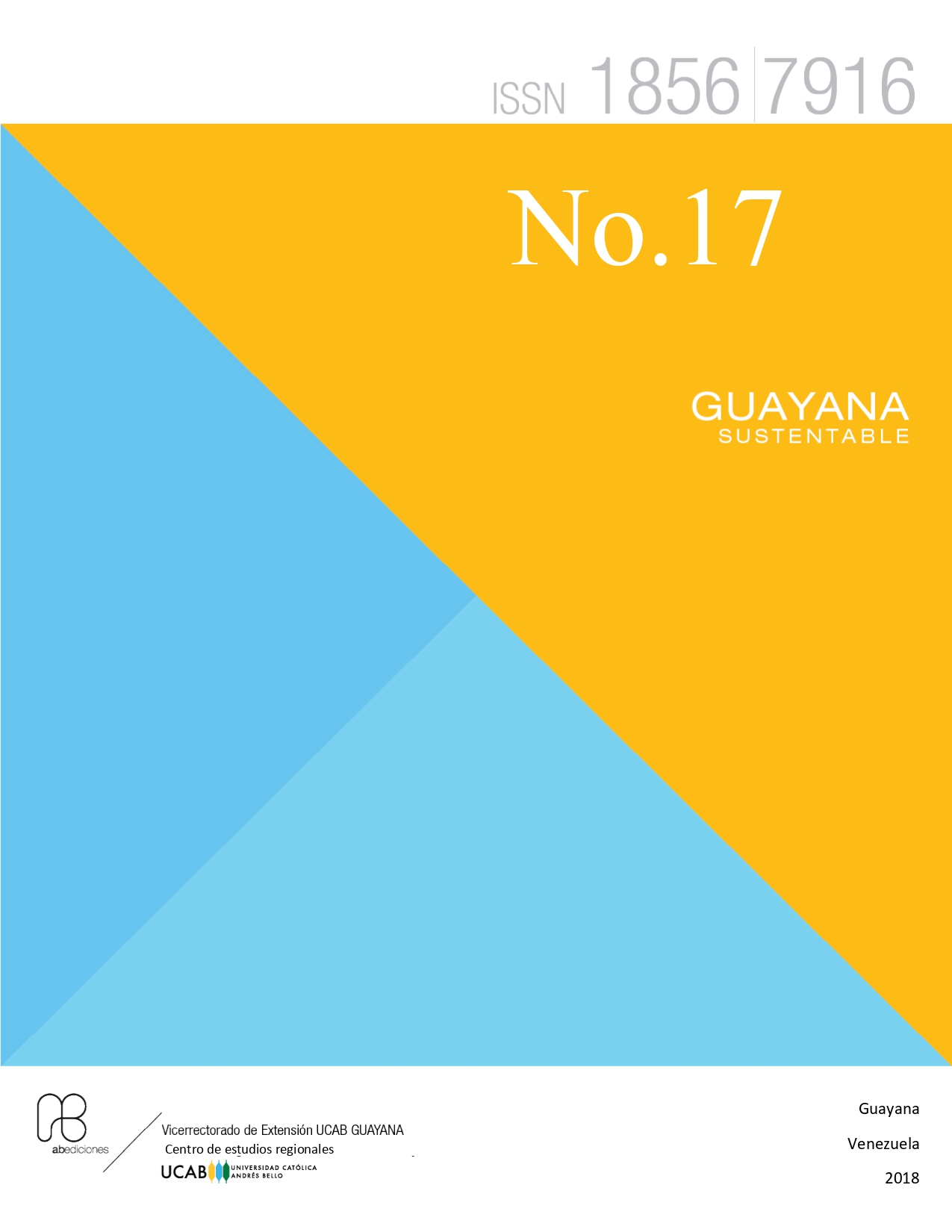VENEZUELA, RECURSOS HÍDRICOS Y LA AGENDA 2030 PARA EL DESARROLLO SOSTENIBLE
Abstract
Venezuela is a country with significant wealth in water resources. The asymmetries, however, in relation to the availability and uses of the resource, predominate in the spatial and temporal dimension, the losses in the management of use are notable, as well as the impact of pollution in numerous bodies of water. The management of the infrastructure of water services, the aging and lack of maintenance, of equipment and facilities generates an economic scarcity of water that threatens the availability of an adequate service. All this problem is currently established under the umbrella of Climate Change whose effects are already manifesting themselves in an important way. This apparent shortage of Venezuela is shared by many regions of the world, which is why the international community has recently reacted and advanced with global agreements to face these challenges. The 2030 Agenda for Sustainable Development represents a historic agreement between all the Member States of the United Nations, which for the first time have shared this single vision for the future, through the 17 Sustainable Development Goals (SDGs), whose scope is broad and combines the three dimensions of sustainable development: economic development, social inclusion and environmental protection. Everything implies that in order to comply with the 2030 Agenda, Venezuela will have to make important advances in efficiency in the use of water, recovery and reuse of wastewater, water quality, sustainability of the hydraulic infrastructure, natural disasters, water technology, management of the services of water ecosystems, all this under the umbrella of Climate Change. The Agenda includes the empowerment of citizens, who must be more active and aware of the need to optimize the management of water resources and work to influence their leaders to improve governance.
Published
Issue
Section
License
Los autores que publican en esta revista están de acuerdo con los siguientes términos:
- Los autores conservan los derechos de autor y garantizan a la revista el derecho de ser la primera publicación del trabajo al igual que licenciado bajo una Creative Commons Attribution License que permite a otros compartir el trabajo con un reconocimiento de la autoría del trabajo y la publicación inicial en esta revista.
- Los autores pueden establecer por separado acuerdos adicionales para la distribución no exclusiva de la versión de la obra publicada en la revista (por ejemplo, situarlo en un repositorio institucional o publicarlo en un libro), con un reconocimiento de su publicación inicial en esta revista.
- Se permite y se anima a los autores a difundir sus trabajos electrónicamente (por ejemplo, en repositorios institucionales o en su propio sitio web) antes y durante el proceso de envío, ya que puede dar lugar a intercambios productivos, así como a una citación más temprana y mayor de los trabajos publicados (Véase The Effect of Open Access) (en inglés).

